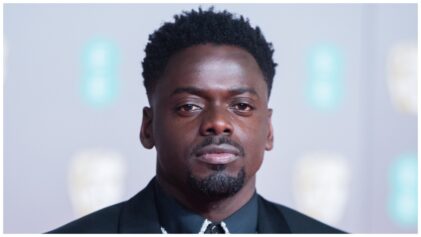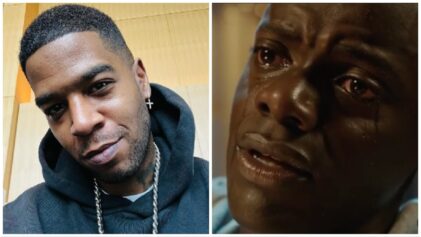
Daniel Kaluuya said he has been singled out for his “ethnic” skin tone in movie auditions. (Facebook)
“Get Out” star Daniel Kaluuya is throwing a wrench in Samuel L. Jackson’s assertion that Black British actors cannot fully convey the Black American experience on screen. And, while the British-born actor credits Jackson with breaking barriers for Black actors, he says the realities in the UK and the U.S. aren’t actually all that different.
“[Black people in the UK] … had to live in a time where they went looking for housing and signs would say, “NO IRISH. NO DOGS. NO BLACKS.” That’s reality,” he told GQ Monday, March 13. “Police would round up all these Black people, get them in the back of a van and wrap them in blankets so their bruises wouldn’t show when they beat them. That’s the history that London has gone through.
“The Brixton riots, the Tottenham riots, the 2011 riots, because Black people were being killed by police. That’s what’s happening in London.”
Kaluuya, whose “Get Out” character finds himself faced with racial microaggressions while visiting his white girlfriend’s family, said the lack of widespread media coverage leads Americans to believe Black Britons don’t deal wth police brutality.
on Monday, March 6, on New York’s Hot 97 radio station, Jackson, discussing Black British actors in race-based roles like those in “Get Out” and the Martin Luther King Jr.-focused historical drama “Selma,” said, “I tend to wonder what that movie would have been with an American brother who really feels that.”
The son of Ugandan immigrants, Kaluuya said he has experienced racism throughout his life, and said he never fits in no matter what country he’s in.
“I’m dark-skinned, bro,” he said. “When I’m around Black people, I’m made to feel ‘other’ because I’m dark-skinned. I’ve had to wrestle with that, with people going, ‘You’re too Black.’ Then I come to America and they say, ‘You’re not Black enough.’ I go to Uganda, I can’t speak the language. In India, I’m Black. In the Black community, I’m dark-skinned. In America, I’m British. Bro!”
Kaluuya said it’s frustrating to have to open up about the “trauma that I’ve experienced as a Black person,” including being followed in a store at 12 years old and white people getting out of his way in the supermarket.
“I resent that I have to prove that I’m Black,” he said. “I don’t know what that is. I’m still processing it.”


